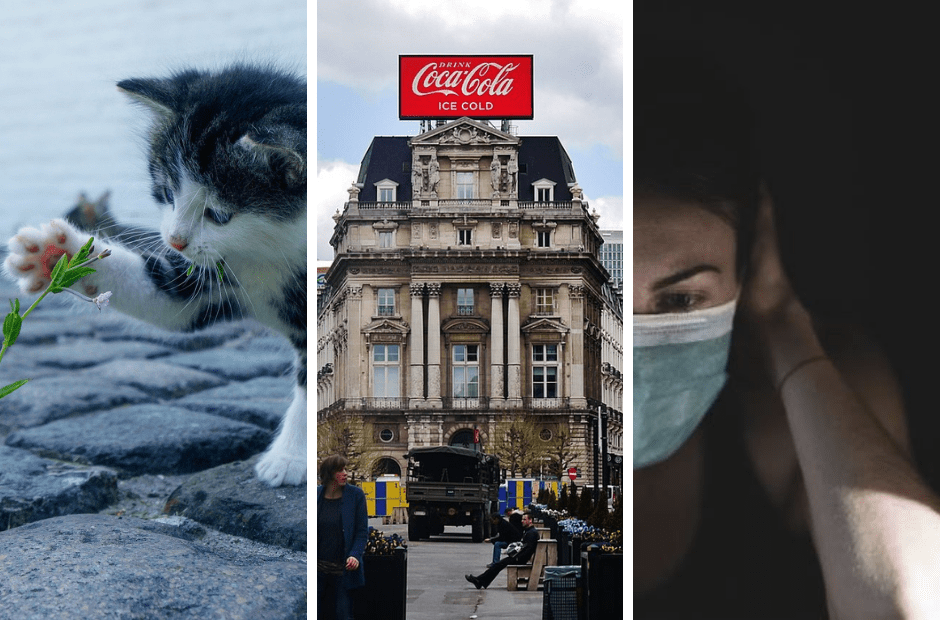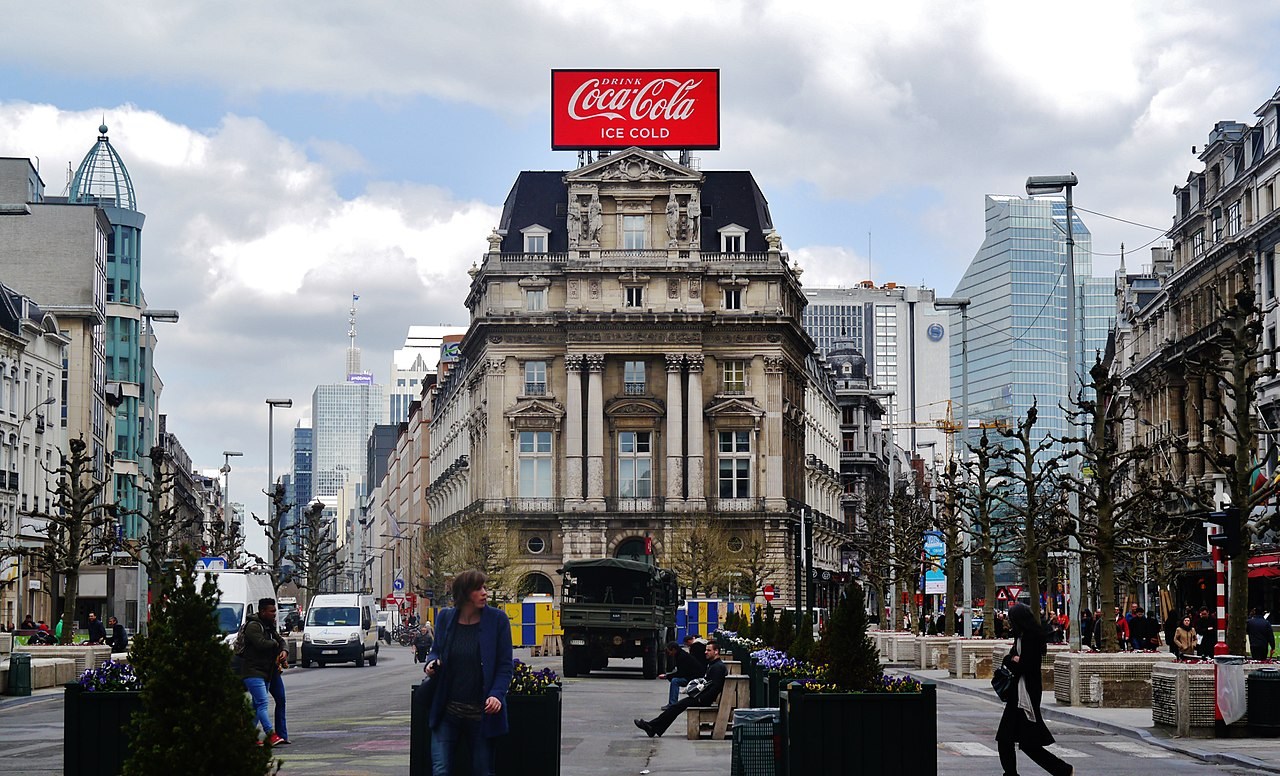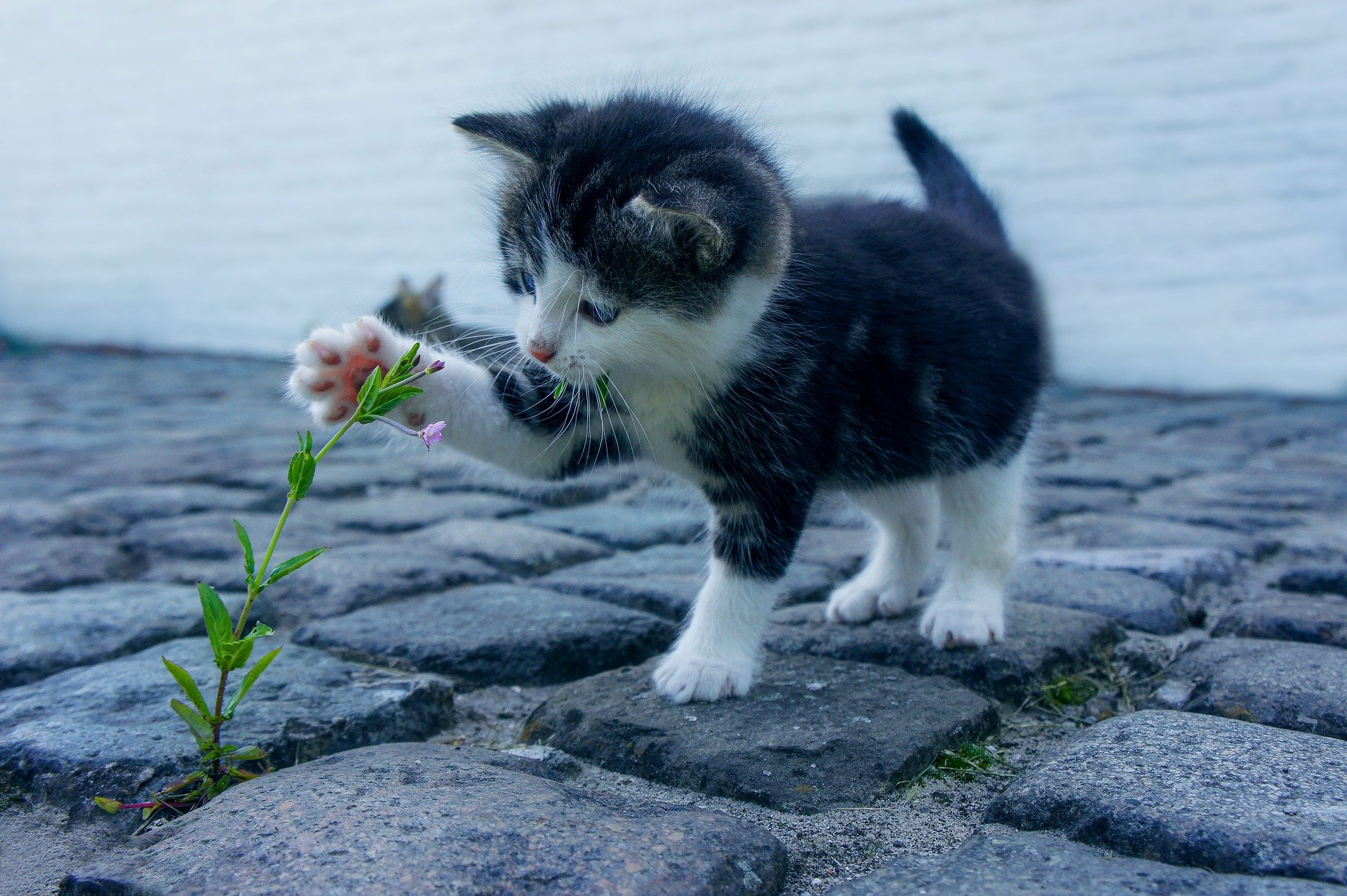The latest news from UZ hospital in Brussels is the latest in a long list of opinions that the last 6 weeks of 2020 might not be great, but with that comes the hope that 2021 could be better.
Belgium's numbers are improving, infections are dropping, but in the words of the head of intensive care at the UZ hospital, "Let’s not have to do this again next year."
“The fact is that if we keep the measures in place, we will be able to reduce the virus to such an extent that it will not have another chance and 2021 will be a pleasant year. I am sure we can do that.” More on that below.
So as we count down the weeks to the end of the year, shop for gifts, and consider alternative plans, here's the news.
Belgium in Brief is a free daily roundup of the top stories to get you through your lunch break conversations. To receive it straight to your inbox every day, sign up below:
1. Staying locked down could save 2021, intensive care boss urges
Despite declining coronavirus figures, Belgium is not in a position where it should begin easing measures, the head of intensive care at the UZ hospital in Brussels said on Wednesday.
Speaking to HLN, Sabeth De Waele called for measures to stay in place until the end of the year, in order to make sure the virus doesn’t ruin 2021. Read More.
2. Brussels banishes Coca-Cola sign from Place De Brouckère
The Brussels regional government has refused to renew the planning permission required for the Coca-Cola sign over the Place De Brouckère in the city centre.
The move comes as the government considers its future policy regarding advertising in the historic city centre. Secretary of state for urban planning Pascal Smet (one.brussels) described the sign as “out of proportion”.
The LED sign was installed in 2011 on the top of what used to be the monumental Hotel Continental, now offices. The building dominates the square, and can be clearly seen by anyone travelling north along the central Boulevard Anspach, making its position prime advertising real estate. Before 2011, the place was taken by a billboard of similar size. Read More
3. Belgium adapts quarantine rules as asymptomatic tests resume
Belgium’s quarantine rules are set to change again from Monday as the government begins allowing asymptomatic people to be tested for the new coronavirus again.
From 23 November, Covid-19 tests will resume for people who do not have any symptoms but have had a high-risk contact or returned from a red-travel zone, following their suspension to ease pressure on labs. Read more.
4. Belgian Twitter flooded with cat photos to raise awareness of child abuse
Belgian Twitter has been overtaken by pictures of cats as part of a new push from Child Focus to raise awareness of child abuse.
Using the hashtag #catsforkids, Child Focus hopes to raise awareness as part of the European Day for the Protection of Children against Sexual Exploitation and Sexual Abuse. Read More.
5. Coronavirus: Over 100 march in anti-curfew protest in Liège
Over one hundred demonstrators took to the streets of Liège on Tuesday in defiance and protest of the regional coronavirus curfew.
Police said around 150 demonstrators spilt into the streets of the Walloon city after 10:00 PM, the moment where the region’s late-night curfew kicks in.
The demonstrators gathered on the left bank of the Meuse river and marched in the direction of the city centre, on the opposite river bank. Read More.
6. Coronavirus infections in Belgium continue to drop
The number of new coronavirus infections in Belgium continues to drop, according to Sciensano’s latest figures published on Wednesday.
Between 8 and 14 November, an average of 4,804.9 new people tested positive per day over the past week, which is a 39% decrease compared to the week before. Read more.
7. Investigation into email threat against Flemish minister
The Limburg prosecutor’s office has begun an investigation into an alleged email threat made against Flemish mobility minister Zuhal Demir (N-VA).
The threat came in an email addressed to Demir following recent comments she made in relation to mosques connected to the Turkish Directorate of Religious Affairs, known as the Diyanet. Written in Turkish, the mail warned Demir to stop commenting or she would be raped. Read more.
Jules Johnston
The Brussels Times



